K-5 teachers and students throughout Michigan are building thriving learning communities online by using free deeply-digital, standards-aligned curricula and platform developed by the U-M Center for Digital Curricula.
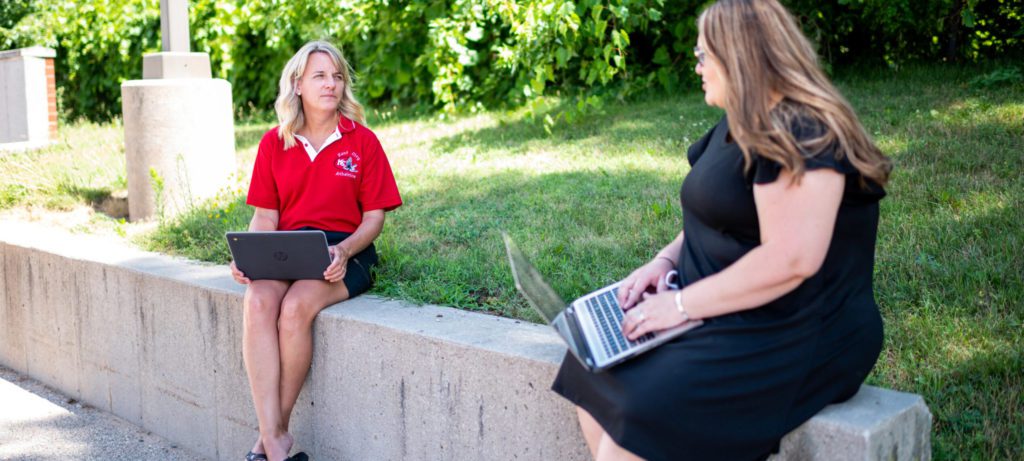

K-5 teachers and students throughout Michigan are building thriving learning communities online by using free deeply-digital, standards-aligned curricula and platform developed by the U-M Center for Digital Curricula.
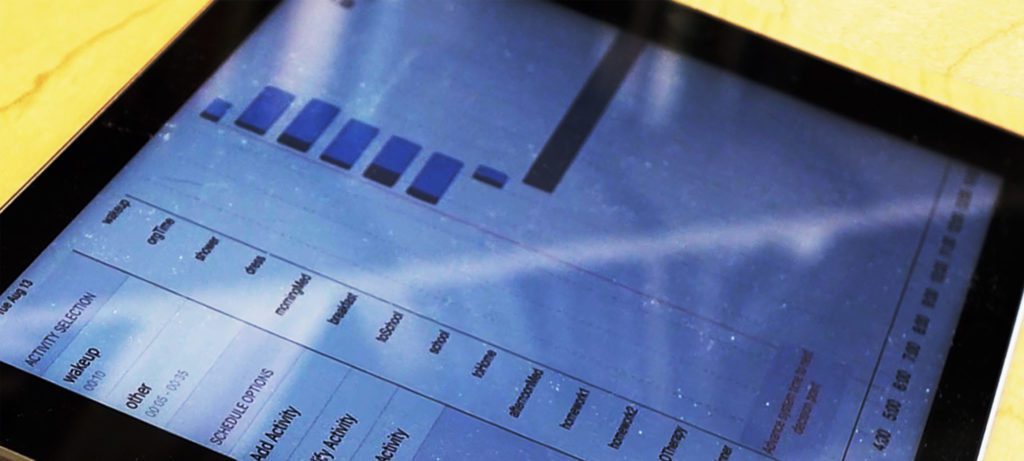
The system can add more flexibility to task management apps to help learning users make informed decisions about their time.
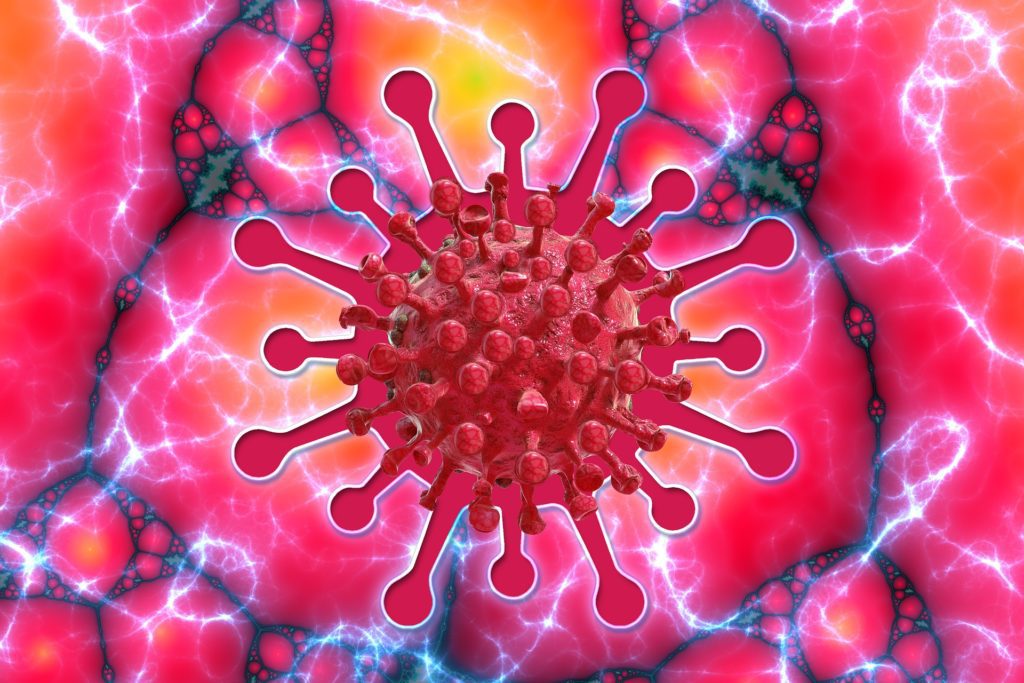
Five multidisciplinary research teams are working on projects to assist with the coronavirus outbreak and to help find solutions to pressing problems.
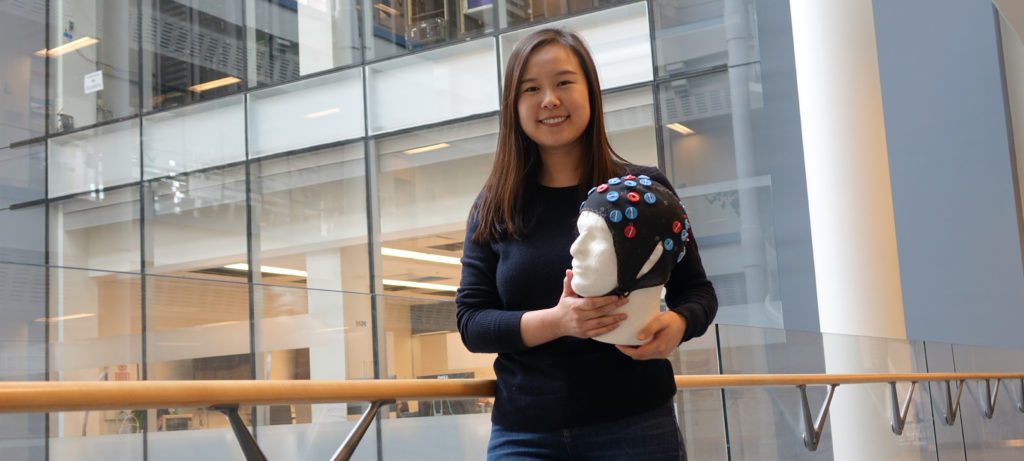
The team will use fMRI to identify some of the underlying processes that occur when a code reviewer weighs in on a piece of software and its author.
How changing the rules of computing could lighten Big Data’s impact on the internet.
The post Big data, small footprint appeared first on Michigan Engineering News.
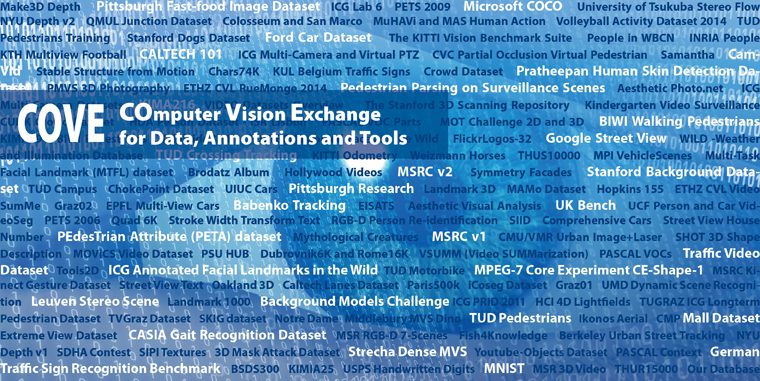
Centralizing available data in the intelligent systems community through a COmputer Vision Exchange for Data, Annotations and Tools, called COVE.
Secrets lurk in the dark web, the 95 percent of the internet that most of us can’t see. One U-M professor is bringing some of those secrets to light, making the digital and the real world a little safer.
CSE students and faculty will collaborate as a part of a larger team to help respond to the crisis.
The paper explores how automated speech recognition and crowd-sourced human correction and generation of transcripts can be traded off to improve accuracy and latency.
He has built software systems for information extraction, database integration, and feature engineering and applied these to problems in the social sciences.